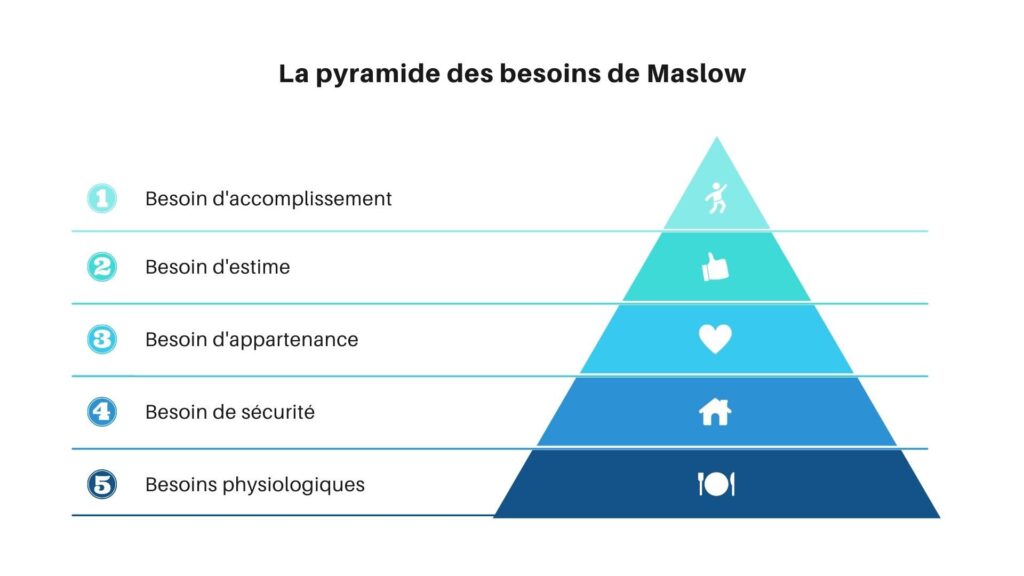Burn-out among healthcare professionals has repercussions not only in human terms, but also for the organisation and quality of care. Managers play a role essential when it comes to prevention. Marylène Exposito, a specialist in managerial communication, presents a series of practical initiatives tailored to real-life situations.

Burn-out manifests itself as "physical, emotional and mental exhaustion resulting from prolonged investment in emotionally demanding work situations". This is the definition used by the French National Authority for Health (HAS) in its 2017 memo. In France, burn-out is also known as professional exhaustion syndrome.
There are many causes of burn-out, but workload remains a key factor.
Management plays a key role in prevention. It can intervene in the intrinsic and extrinsic causes of burnout.
But how do you go about it?
By starting from the experience of professionals and listening to what they have to say, it is possible to define concrete managerial actions that are adapted to the reality on the ground in order to prevent burn-out. So here's Jeanne's story (first name changed), which is highly representative of the situations that can lead to burn-out.
Recognising the signs of burn-out
Jeanne works as an instructor-educator in a specialised care home (MAS), a medical-social establishment offering permanent accommodation to highly dependent disabled adults. The MAS is attached to a small hospital that is part of a larger hospital group (500 places). She has worked there for 17 years of her professional career. The signs of burnout lasted three years before the diagnosis was made.
How did Jeanne, who was so passionate about her work, fall into the hell of burn-out?
Christina Maslach, an American psychologist specialising in burn-out and stress at work, has described the processes involved in burn-out. Namely: the deterioration of the subjective relationship with work across three dimensions.
1/ Emotional exhaustion
2/ Cynicism about work (depersonalisation, dehumanisation, indifference)
3/ Reduced personal fulfilment at work or reduced professional effectiveness
This is what Jeanne is saying: "I couldn't sleep, I was detached, disconnected from my emotions and unable to express them. I also felt aggressive and exhausted. I was on edge, exasperated and overreacting. I didn't feel like doing anything. I stopped the activities I used to enjoy, such as dancing, going out, sport and socialising. I lost 7kg in a month and a half. I was in pain: backache, tendonitis, stomach ache... My breathing was so short that I had physiotherapy sessions.
Denial of burn-out: an additional risk
For a carer devoted to the suffering of others, forgetting about oneself is an additional risk factor. There is a lack of awareness, or even a denial of the disorder, and a desire to meet professional demands. I couldn't put my feelings into words," explains Jeanne afterwards. I didn't go and see my GP. I was afraid he'd prescribe sleeping pills. I was afraid that sleeping pills would prevent me from waking up to go to work. So I went to see an acupuncturist. He immediately prescribed time off work for burn-out. That's what saved me.
Preventing burn-out: what role can managers play?
Jeanne's professional history reveals the catalysts and precursors of burn-out. I frequently observe them during the training courses I run, through the bias testimonials and case studies. This is not an isolated case, but rather a textbook example that can be used to develop proposals for managerial action, which are of course not exhaustive.
Supporting change
Jeanne has undergone a number of changes in terms of work organisation, team and colleagues, working methods, values and relationship to work. All sources of stress...
- Recommended management actions:
1/ Supporting change by helping teams to identify what they are keeping, what they are losing, what they are gaining and what they are creating.
2/ Communicating change and giving it meaning by involving teams. Communication must be personalised and adapted to individual and collective profiles.
Identify professional values and ensure they are respected
"With my new team, things weren't going well: I had to do the work for them. They lacked a sense of professionalism. There was no solidarity.
- Recommended management actions:
1/ Establish a set of values that are essential to our work and make them a reality in our day-to-day professional lives. For example: the value of "solidarity" is essential in the medico-social and health sectors. Without it, how can we cope with peaks in activity or staff absences?
2/ Bringing these values to life in day-to-day professional life, based on good communication practices. For example: the value of "respect" is matched by an attitude of active and sympathetic listening.
Freeing speech
"We no longer had time to talk informally about the residents.
Professionals are motivated by the patient or resident. They need to discuss and analyse their practices. I also observe this during training courses. In fact, when participants evaluate the training they have taken, they very often emphasise the pleasure and usefulness of exchanging practices.
- Recommended managerial action :
Offering a weekly, short-term forum for free expression, exchange and analysis of practices.
Set up a work organisation adapted to the needs of the teams
For Jeanne, the new organisation has created a work overload and a feeling of loneliness. "We were alone in each unit. The distance between the buildings made it harder to call for help if there was a problem. The walking increased fatigue and reduced the time available for work.
Workload is one of the main causes of burn-out. How can we compensate for an excessive workload? How can we reduce fatigue and feelings of loneliness and insecurity?
- Recommended management actions:
1/ Identify these risks and put in place an appropriate organisation within your department to reduce them and prevent their consequences. Management must take extra care to protect professionals from these dangers.
2/ Assessing the basic needs of team members with the Maslow pyramid or pyramid of needs.

Helping teams to take a step back
The image of the infallible carer is almost an implicit injunction to self-sacrifice. It pushes you to surpass yourself to the point of exhaustion. "Taking care of residents who are getting older and therefore less independent is becoming more of a burden for staff".says Jeanne. Yet, passionate about her work and driven by her professional standards, she sacrifices her own needs for those of her patients.
- Recommended managerial action :
Training in personal development and stress management can help professionals to take a step back when faced with complex and onerous care requirements. It will have a qualitative impact on their work.
Communicating positively
Jeanne experienced a shift in tasks. From being a nurse-educator with no job description, over the years and under pressure from the hospital, she took on the role of care assistant. In the end, she was ostensibly deprived of her work as an entertainer, which was the driving force behind her motivation. An activity that also fed her need for autonomy and recognition.
To deprive people of what they love, of what gives meaning to their mission, is to deprive them of a part of themselves.
Knowing and recognising the aspirations and talents of your team members means developing excellence and enhancing well-being at work.
- Recommended managerial action :
Managerial communication can be inspired by the positive inner attitude (PIA). Acknowledging and complimenting individuals and teams on the quality of their work generates motivation and positive energy. In other words, building on the positive stimulates progress. This positive attitude, not always adopted naturally, is practised during management communication training courses.
To sum up, preventing burn-out means :
- act on communication within the team and with the team ;
- drive and support change at an early stage;
- bring to life the fundamental values that underpin collective work ;
- ensure that the organisation of work takes into account the well-being and motivation of individuals in a team;
- take a positive view of events and people ;
- taking care of yourself as a manager.
If the humanity in a care or medical-social team dries up like a spring, the fountain that gives water to patients or residents dries up.


